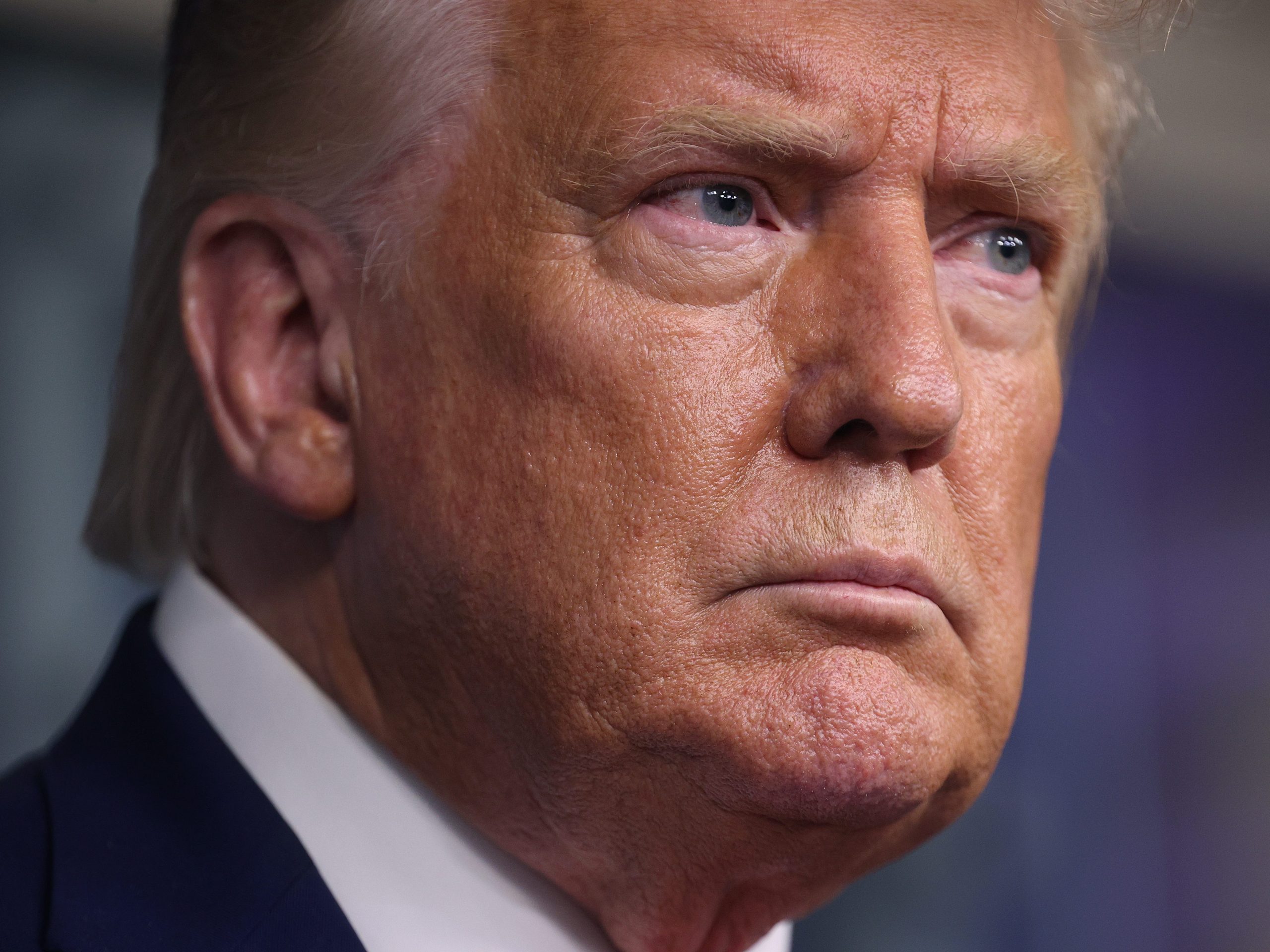
Getty
- YouTube’s CEO said the site will reverse its ban on Trump when the “risk of violence has decreased.”
- The company suspended his account in January following the insurrection at the US Capitol.
- Facebook and Twitter also took action against Trump “due to an increased risk of violence.”
- Visit the Business section of Insider for more stories.
YouTube CEO Susan Wojcicki said the company will reverse its ban on former President Donald Trump when the risk of violence decreases.
The company suspended him following the January 6 Capitol riots after it found videos on his account that violated YouTube’s policies over incitement of violence. But Wojcicki’s comments Thursday during an interview with the think tank Atlantic Council point to a potential end to the company’s action against the former president.
“We will lift the suspension of the Donald Trump Channel when we determine that the risk of violence has decreased,” Wojcicki said in the interview. The CEO said Trump’s account remains locked due to the risk of incitement to violence, especially as Capitol police anticipate a potential militia threat at the US Capitol on Thursday.
“I think it’s pretty clear that that elevated violence risk still remains,” Wojcicki said.
And when Trump’s account is reinstated, Wojcicki said it will still be subject to YouTube’s three-strike system, which applies to every user on its platform and was created following the January 6 insurrection. If a user violates the company’s policies three times within a 90-day period, they will be permanently removed, per the policy.
YouTube did not immediately respond to Insider's request for comment. You can watch the video clip with Wojcicki's comments below.
—Atlantic Council (@AtlanticCouncil) March 4, 2021
Pro-Trump extremists stormed the US Capitol on January 6 as lawmakers worked to certify the 2020 presidential election results.
As his supporters breached the Capitol, Trump released a recorded video in which he reiterated baseless claims of election fraud and did not condemn the rioters' actions, only telling them to "go home, we love you, you're very special."
The video was shared on Trump's YouTube, Facebook, and Twitter accounts, prompting the tech companies to restrict its reach or remove it. Twitter, for example, initially barred users from sharing the video "due to an increased risk of violence." Twitter and Facebook later banned Trump from their platforms.
Facebook's "supreme court," an independent board that can overturn or uphold the company's moderation decisions, is currently deciding whether or not to permanently ban Trump.
Twitter said in early February that it will never reverse its ban of Trump, even if he decides to run for office again in 2024.
